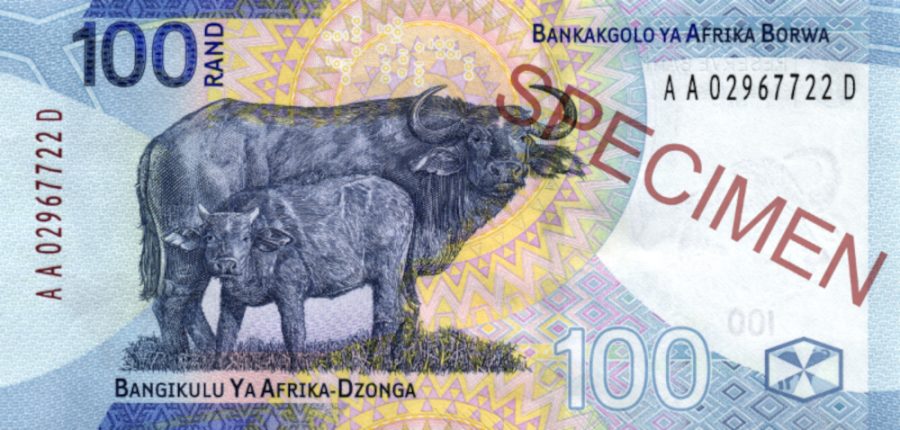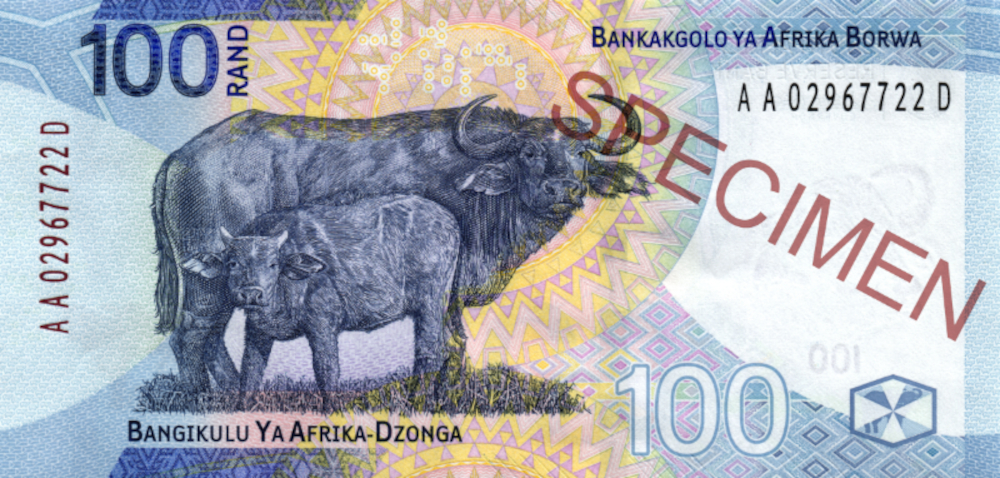
PanSALB confirms ‘mistake’ on R100 note is actually correct
The Pan South African Language Board (PanSALB) said the “spelling mistake” on the upgraded R100 note was not an error, and the Xitsonga spelling of “Bangikulu” was correct. PANSALB AND XITSONGA NATIONAL LANGUAGE BODY CONFIRM AUTHENTICITY OF R100 NOTE SPELLING The supposed mistake on the new R100 note sparked concerns from the public. PanSALB sought to notify […]

The Pan South African Language Board (PanSALB) said the “spelling mistake” on the upgraded R100 note was not an error, and the Xitsonga spelling of “Bangikulu” was correct.
PANSALB AND XITSONGA NATIONAL LANGUAGE BODY CONFIRM AUTHENTICITY OF R100 NOTE SPELLING
The supposed mistake on the new R100 note sparked concerns from the public. PanSALB sought to notify South Africa that there were negotiations between it and the Reserve Bank over the change of the spelling from Banginkulu to Bangikulu.
The change was verified and authenticated by the Xitsonga National Language Body. In fact, the Xitsonga language board pointed out that the “banginkulu” as it was spelt on older R100 notes was an error as the “n” was not supposed to be there.
ALSO READ: Spelling error spotted on new South African R100 note – AWKWARD
LANGUAGE EXPERTS SET THE RECORD STRAIGHT
“Bangikulu is a compound noun which is formed by two words, the noun ‘bangi’ and the adjective stem ‘-kulu’ to form bangikulu. The /n/ cannot be accounted as to where it is coming from. As much as we cannot say bangi leyinkulu/yinkulu, we also cannot say banginkulu.
ALSO READ: Hundred of protestors close Limpopo roads
“The /n/ that goes with the adjective stem ‘-kulu’ can only be accounted for on nouns that pertain to humans. Matsalanankulu, mhaninkulu, and papankulu are a few examples. This is because the /n/ on these words is a allomorph of /mu/, which can stand as a prefix of class 1 words,” said Dr Arnold Mushwana, the chairperson of the Xitsonga National Language Body.
